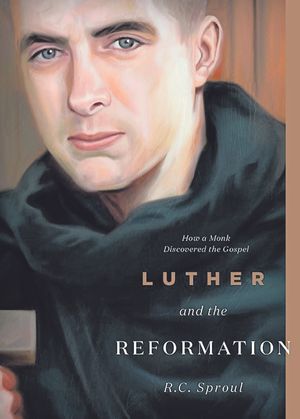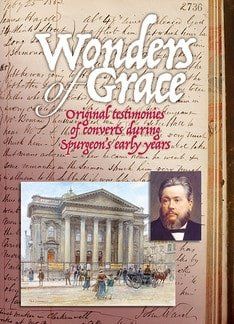G. R. Evans
IVP Academic
528, £22.00
ISBN: 978-0-8308-3947-6
Star rating : 1
This book has received considerable interest among reviewers, creating divergent opinions. The back cover displays a bright array of scholars who heartily endorse the work as a major contribution to Reformation studies.
Professor Evans is an able and gifted medieval scholar who has set out to write an account of the Reformation in a fresh way. This is a commendable aim and, in general, she succeeds in it. She argues that the Reformation was not so radical a break, but rather a longer term, gradual development — hence the emphasis on ‘roots’.
The author argues ably that there was a growing discontent with the status quo throughout the medieval period and the cumulative effect was to lead inevitably to the climax of the Reformation.
The book is divided into three parts. Part one, on Bible and church, defines key terms and sets the context for the remainder of the book. Part two focuses on change and continuity in the medieval period — this is where the author has greatest knowledge and is perhaps the best part of the book.
Part three concentrates on the final build up and inevitable outbreak of the Reformation. Then follows a conclusion and extensive hand list of ‘Reformation concerns and their history’.
The book is well researched and written in a lively style. Key events and characters are described in great detail, though I found the quality varied considerably. Chunks were enlightening, but other parts tended to meander into historical cul-de-sacs. Although considered a possible text book for new students, I think there are better books a student could start with.
While well written, this is an academic book and secular in its point of view. It is important, of course, to reason through the socio-economic causes of the Reformation. For a true understanding of this period, however, the spiritual and divine dimension cannot be ignored.
In the end it is this omission which is the book’s most serious flaw. This is, unfortunately, often true when secular theologians and historians handle church history.
This book will be of value to those well acquainted with the Reformation and may be a useful addition to their library, but I would not recommend it to the general public. There are better books on the market. Sadly I have to agree with Carl Trueman that ‘you cannot judge a book by its cover’.
Stuart Fisher
Bournemouth


















